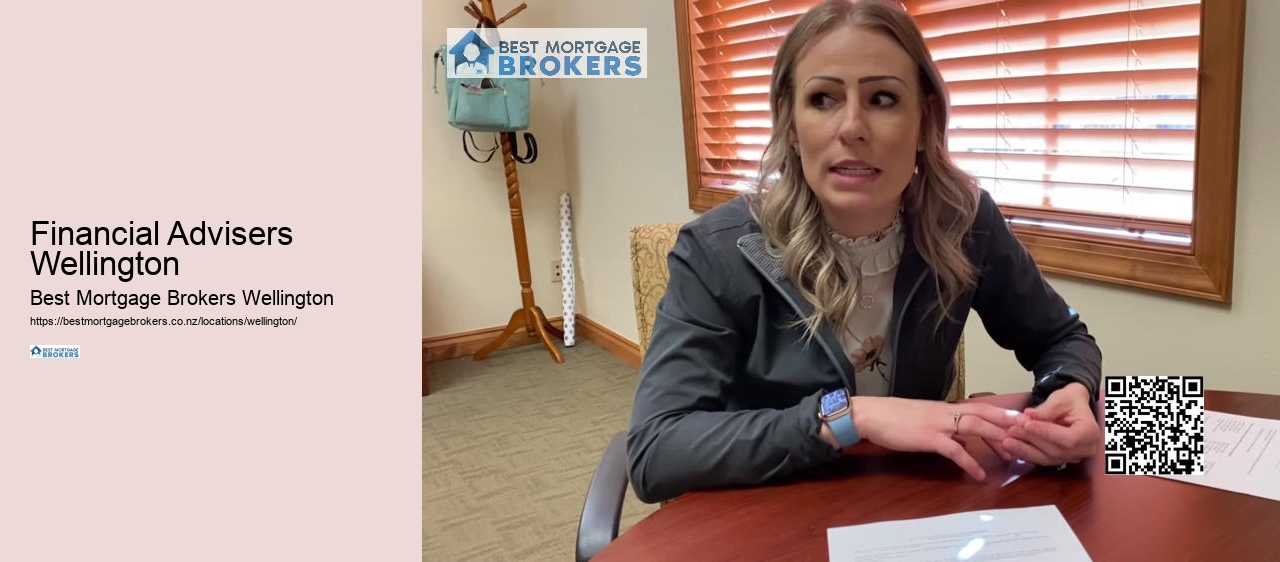

Refinancing is also a great way to consolidate debt. Cash-out refinances allow you to pay off high interest debts such as personal loans or credit cards, while reducing your monthly payment into one, manageable amount. Overall, exploring the benefits of refinancing with the guidance of a trusted mortgage advisor can lead to significant financial advantages and long-term savings.
The value of your home can be leveraged for a variety of financial goals by maximizing equity. This can be done by using home equity lines of credits or loans.
Another way to maximize home equity is by making extra payments towards your mortgage principal. Reduce the amount of the mortgage principal to build equity and possibly shorten your loan's term. financial solutions
Your home's appraised worth can be increased by improving its overall appearance. Keep an eye out for market trends in your area and the property values to see if you can increase your equity.
By keeping up to date with the real-estate market, you will be able to make informed decisions that have a positive impact on your home. For the best results, it is important to have a smart financial plan in place and use available resources. We stress the importance to do thorough research on mortgages before you commit to one to avoid common pitfalls.
One common mistake to avoid is rushing into a mortgage without fully comprehending the financial implications. You can make an educated decision by comparing different mortgages and consulting a trusted mortgage advisor.
It may be tempting for you to go with a higher priced property but it is important to stick to a budget that suits your needs. Failure to do so could lead to financial stress and put your home in danger.
Your credit rating is an important factor when determining what interest rate you are eligible for. debt consolidation Paying your bills on time is the best way to improve your creditworthiness.
Understanding the importance of mortgage insurance is crucial for protecting your investment in the event of unforeseen circumstances. Mortgage insurance is an investment product that protects lenders in the event of default by borrowers.


It's important to take proactive steps to resolve credit problems to increase your chances of getting a mortgage. Get a copy of the credit report and analyze it to determine what is affecting your score. Check for errors or discrepancies which could negatively affect your credit rating.
Take steps to improve your credit score if it is low because of missed payments or excessive credit usage. Start by paying your bills on-time and reducing the balances on your credit accounts.
They will also find solutions that fit into your budget. Credit issues can be addressed proactively to improve your chances of securing the mortgage you need for your dream home. Budgeting plays a vital role in achieving financial preparedness for homeownership.
By creating a budget, you can track your income and expenses, identify areas where you can cut costs, and allocate funds towards savings goals and debt repayment. It is important to have a well-crafted budget that not only shows you how to manage your finances but also demonstrates to mortgage lenders you are capable of paying on time.

Mortgage term is the amount of time that you will agree to pay back your mortgage. The most common mortgage terms are 15, 20 and 30 years. However, there are also options.
In general, a shorter mortgage term such as 15-years will have higher monthly payments, but you can pay your loan off faster and save money on interest. A longer mortgage term (such as 30 years) offers lower payments per month, but higher overall interest costs.
Some lenders also offer customizable mortgage term options, allowing you to choose a term length that falls between the standard options. This flexibility may be useful if you wish to customize your mortgage in order to fit your specific financial circumstances.
Consideration of the effect that down payment has on your choice of mortgage is vital, as it will directly impact your financial commitments and loan terms. property goals The down payment is an amount that you pay up front towards the price of the home.
Generally, the bigger the downpayment, the lower the loan amount. This can reduce monthly payments and interest costs. Private mortgage insurance (PMI) is usually required for conventional loans with down payments less than 20%.
You can save thousands in insurance costs by making a large down payment. On the other hand, a lower down payment means that you will have to pay a greater loan amount. first-time homebuyer
Your financial goals and the amount of your downpayment must be balanced. In deciding how much to put down on your mortgage, you might need to take into consideration factors such as your savings, your budget, and your future plans.
We will walk you through the appraisal process so that you have a better understanding of your property value.

Yes, reputable brokers prioritize client security and adhere to industry regulations. The brokers listed on our platform are selected based on their reputation and commitment to client satisfaction.
Fees can vary among brokers, and some may charge for their services. However, many brokers on our platform operate on a commission basis, earning their fees from the lenders. It's essential to discuss any potential fees with your chosen broker to ensure transparency in the process.
Securing a lower interest rate often involves factors such as a strong credit score, a stable financial history, and the negotiation skills of your mortgage broker. Our brokers specialize in securing competitive rates for our clients.
A good mortgage broker has a positive reputation, a history of successful transactions, and prioritizes client satisfaction. Best Mortgage Brokers ensures that the brokers listed on our platform meet these criteria.